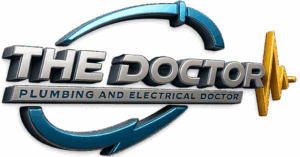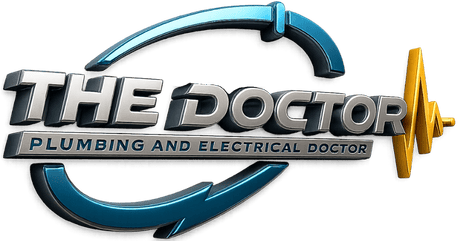10 Things to Know Before Buying a Heat Pump Hot Water System
1. 💸 You Could Save Up to 75% on Your Energy Bills
Yep, you heard that right. Heat pumps can slash your hot water costs by up to 75%. But your real savings will depend on a few things:
- The unit you choose – Some models chew through power; others are far more efficient.
- Your power tariff – If you’re on an off-peak rate already, the savings might not be as dramatic.
- Size matters – Go too small, and your heat pump will work overtime, eating up energy. Worse, it could default to the electric element and kill your savings.
2. 🧰 Not All Heat Pumps Are Created Equal
Don’t get caught out buying a cheapie that won’t last. Government rebates attract a few dodgy operators flogging low-grade units. Think back to the “Fat Batts” disaster — poor-quality gear, lots of regret.
👉 Stick with trusted brands and suppliers who know their stuff and back their products with proper warranties.
3. 💡 You Usually Only Get One Shot at a Rebate
Rebates are typically a one-time deal. If you go cheap and the unit conks out, you’re on your own.
That “bargain” $30 unit? It might leave you waiting months for parts, or worse — replacing it entirely at full price. Do it right the first time, with a solid unit and a qualified installer.
4. 🔧 Always Use Licensed Tradies
We’re talking about hot water and electricity here — not something to muck around with.
Only trust licensed plumbers and sparkies to install your heat pump. A dodgy install could mean scalding hot water, electrical faults, or worse. Aussie standards are there for a reason — stick to them.
5. 📏 Size It Right — Bigger is Better (Sometimes)
Too many heat pumps get undersized, especially in busy homes. That means not enough hot water — or slow recovery time.
Heat pumps are efficient but take longer to reheat. A larger tank ensures you’ve got hot water when you need it. Better too much than not enough.
6. 🎁 Know Your Rebate Options
In NSW, you might be eligible for:
- STC Rebate – Based on efficiency; usually around $800
- ESC Rebate – Up to $1200 for replacing an electric heater or $400 for gas
That’s a hefty chunk off your upfront costs — don’t miss out.
7. 💰 What Will It Cost You?
A decent heat pump isn’t exactly cheap — you’re looking at $3,500 to $4,000 before rebates. But once you factor in up to $2,000 in rebates, your out-of-pocket cost becomes far more manageable.
✅ Long-term savings make it a smart investment.
8. 🕒 How Long Do They Last?
A good heat pump, when properly maintained, should last 7–10 years. The mechanical components can wear over time, but the tanks are just as solid as those in electric or gas systems.
Give it a regular service and it’ll keep doing the job.
9. 🌀 How Heat Pumps Actually Work
Think of it like a reverse-cycle air con, but for your hot water:
- A fan draws in the air around it
- That air goes through an evaporator
- A refrigerant grabs the heat and compresses it
- That heat gets transferred to the water in your tank
It’s clever stuff — and way more efficient than old-school electric systems.
10. ✅ Why It’s Worth It
- Save on power bills month after month
- Grab generous rebates while they’re still available
- Upgrade your home’s efficiency and value
With the right size, proper install, and quality unit — a heat pump can be one of the best investments you’ll make in your home.
Final Word
If you’re serious about saving energy and reducing your bills, a heat pump is a top choice. Just make sure you’re getting the right system, installed by the right people, and making use of every rebate you can.
Need help choosing the right unit or installer? We’ve got your back, mate.
THE DOCTOR GETS IT DONE

